Table of content
Cooking is an art that combines precision with creativity, where even the smallest misstep can significantly alter the final outcome of a dish. One common culinary challenge that many home cooks and professional chefs alike may encounter is the dilemma of an overly salty soup. Whether it’s due to a heavy hand with the salt shaker, a miscalculation in measuring, or the use of inherently salty ingredients, a salty soup can turn an otherwise delightful meal into a disappointment. However, with a few clever strategies and culinary tips, you can rescue your soup and restore its balance, transforming it back into a delightful and harmonious dish.
Understanding the Importance of Balance in Soup Making
Soup, in its myriad forms, is a cornerstone of culinary traditions worldwide. From hearty broths to light and refreshing gazpachos, the essence of a good soup lies in its balance of flavors. Salt plays a crucial role in enhancing these flavors, bringing out the umami in meats, vegetables, and grains. However, too much salt can overshadow other ingredients, making the soup unpalatable and even unhealthy.
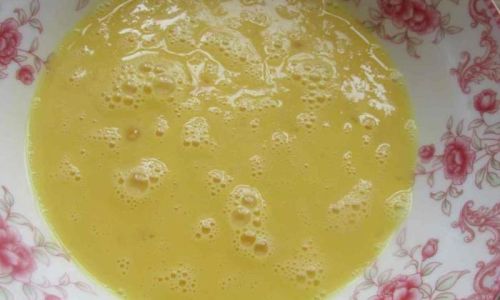
The human palate is incredibly sensitive to salt, and excessive sodium intake has been linked to various health issues, including hypertension and cardiovascular diseases. Therefore, achieving the right balance is not only crucial for the enjoyment of the dish but also for maintaining dietary health.
Identifying the Cause of Over-Salting
Before diving into solutions, it’s essential to understand how your soup ended up too salty. Here are some common causes:
- Mismeasurement: Sometimes, a simple slip of the hand or a misreading of a recipe can lead to adding too much salt.
- Over-seasoning: The habit of tasting and adding salt repeatedly during cooking can lead to cumulative over-salting.
- Salty Ingredients: Ingredients like anchovies, soy sauce, capers, and pickled vegetables can contribute significant amounts of salt to a soup without realizing it.
- Concentrated Stocks: Homemade or store-bought stocks can be highly concentrated in salt, especially if they are reduced or concentrated further during cooking.
- Water Loss: Evaporation of water during cooking can concentrate the salt present in the soup, making it taste saltier than intended.
Effective Solutions to Rescue Overly Salty Soup
Now that we’ve identified the potential causes, let’s explore some practical solutions to rescue your overly salty soup.
Dilution with Water or Broth
The simplest and most straightforward solution is to dilute the soup with additional water or unsalted broth. This method works best if the soup is not too far gone in terms of saltiness. Start by adding a small amount of liquid, stirring well, and tasting. Continue to add more liquid in small increments until you achieve the desired balance. Remember, adding too much liquid can alter the consistency and flavor profile of the soup, so proceed with caution.
Adding Starch
Starch, in the form of potatoes, rice, pasta, or even a slurry of cornstarch and water, can help absorb excess salt from the soup. Starch molecules have a natural affinity for sodium ions, effectively binding and neutralizing them. When adding starch, ensure it’s fully cooked to avoid a raw texture. For example, adding diced potatoes and simmering until they are tender can help absorb excess salt while also enriching the soup’s body and flavor.
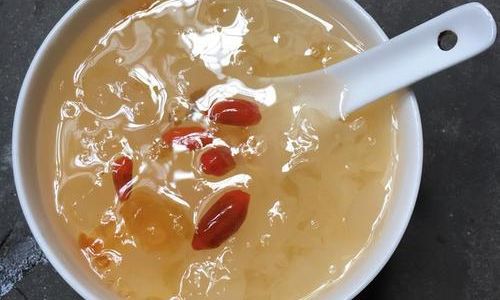
Incorporating Acid
A splash of vinegar, lemon juice, or another acidic ingredient can help balance out the saltiness by enhancing other flavors and making the salt less prominent. Acidity brightens the palate, making the soup taste more refreshing and less harsh. Be mindful of the type and amount of acid you add, as it can alter the overall flavor profile of the soup. Start with a small amount and adjust to taste.
Adding Dairy or Cream
Dairy products like milk, cream, or yogurt can help mask the saltiness of a soup. The fats and proteins in dairy can coat the palate, reducing the perception of salt. This method works well with creamy soups like clam chowder or potato soup. Be aware that adding dairy can change the texture and flavor, so use it sparingly and adjust other seasonings accordingly.
Incorporating Fresh Herbs and Spices
Fresh herbs and spices can add complexity and depth to a soup, distracting the palate from the saltiness. Herbs like parsley, cilantro, thyme, and bay leaves can add fresh, aromatic notes. Spices such as black pepper, cumin, and paprika can introduce warmth and a hint of sweetness, further balancing the salt. Use fresh herbs whenever possible, as their vibrant flavors are more potent than dried ones.
Absorbing with Bread or Rice
A slice of stale bread or a handful of cooked rice can be used to soak up excess salt from the soup. Simply place the bread or rice in the soup, let it sit for a few minutes to absorb the liquid, then remove it. This method is less effective than adding starch but can be useful in a pinch, especially if you don’t want to alter the soup’s consistency.
Using Potatoes or Apples
Raw, grated potatoes or apples can be added to the soup and allowed to simmer for a few minutes. The starches in these ingredients will help absorb the salt. After simmering, strain out the potatoes or apples before serving. This method is less invasive than adding whole potatoes and works well for soups that can tolerate a slight thickening.
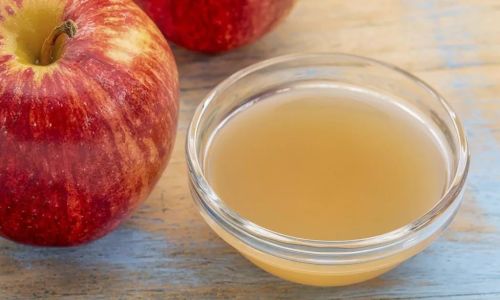
Preventive Measures to Avoid Over-Salting in the Future
While there are effective ways to rescue overly salty soup, preventing the issue in the first place is always preferable. Here are some tips to help you avoid over-salting in your future cooking endeavors:
- Measure Precisely: Always use measuring spoons or scales to ensure accuracy when adding salt.
- Taste Gradually: Taste the soup periodically during cooking, but add salt in small increments. It’s easier to add more salt than to remove it.
- Read Labels: Be mindful of the salt content in packaged ingredients and stocks. Opt for low-sodium versions if possible.
- Use Salt Substitutes: Consider using salt substitutes like potassium chloride or herb and spice blends to reduce sodium intake.
- Balance with Other Flavors: Season your soup with a variety of flavors beyond salt, such as acids, herbs, and spices, to create a more harmonious dish.
Conclusion
Overly salty soup doesn’t have to be a culinary disaster. With a combination of understanding, patience, and a few clever strategies, you can rescue your soup and restore its balance. Whether you choose to dilute, add starch, incorporate acid, or use fresh herbs and spices, each method offers a unique way to transform an overly salty soup into a delightful and enjoyable meal. Remember, the key to successful cooking is always to taste, adjust, and never be afraid to experiment. With practice, you’ll develop a keen sense of balance that will serve you well in the kitchen, turning even the most challenging culinary mishaps into delightful successes.
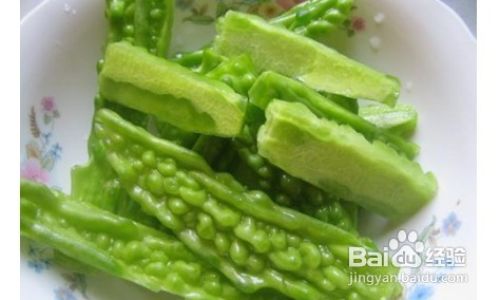

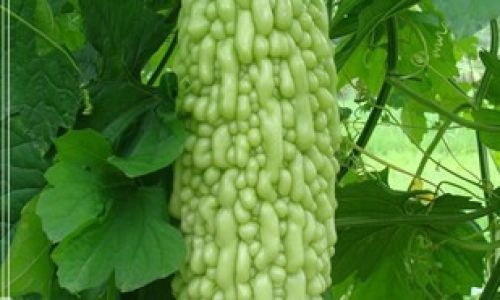
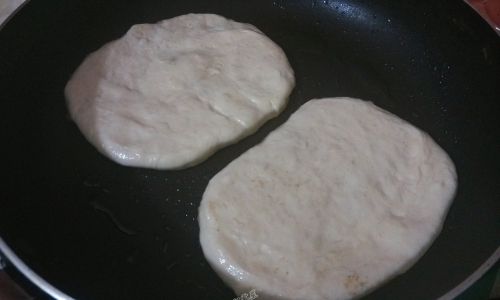

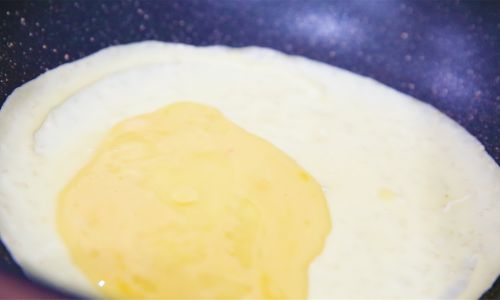
0 comments